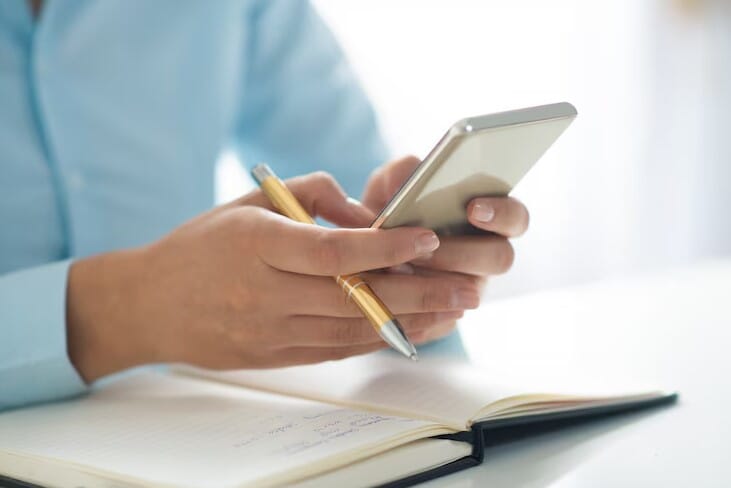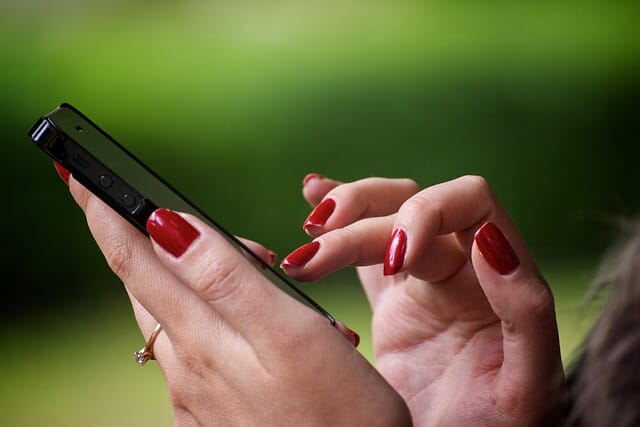
How Accurate is Your Caller ID? Exploring Common Misconceptions
Introduction
In an age where communication technology dominates our daily lives, the ability to identify who’s calling you has become increasingly important. While caller ID has been a staple feature of telecommunication for decades, many people still harbor misconceptions about its reliability and accuracy. This article delves deep into the world of caller ID, addressing common myths, exploring how it works, and providing insights on how accurate your caller ID really is.
How Accurate is Your Caller ID? Exploring Common Misconceptions
When you see a phone number pop up on your screen, do you trust it completely? Does the name that appears align with the person on the other end? Understanding just how accurate your caller ID can be is crucial in today’s world of spam calls and identity theft.
How Does Caller ID Work?
Caller ID operates by displaying the phone number of an incoming call along with associated information from a database. When someone makes a call, their phone provider sends a signal to your provider that includes this information.
The Role of Phone Number Checkers
To further enhance our understanding of who’s calling, many people use phone number checkers. These tools help identify unknown callers by verifying their numbers against extensive databases. If you're curious about a number that popped up on your screen, using such services can offer additional context.
What Are Phone Number Checkers?
- Definition: Phone number checkers are online tools designed to provide details about a specific phone number.
- Functionality: By inputting a number into these tools, users can find out if it's associated with spam or scams and potentially identify the owner.
Common Misconceptions About Caller ID Accuracy
Despite its usefulness, there are several misconceptions regarding caller ID accuracy:
Understanding Phone Number Validation
Phone number validation goes hand-in-hand with caller ID accuracy. Validating a phone number means confirming its existence and whether it’s capable of receiving calls.
Why Is Phone Number Validation Important?
The Importance of Phone Verification
Phone verification takes things one step further by ensuring that not only is the number valid but also that it belongs to the person you're trying to reach.
How Does Phone Verification Work?
- A code is sent to the user's device when they register or sign up for services.
- The user must then input this code back into the system for confirmation.
This process adds an extra layer of security beyond what traditional caller ID provides.
The Impact of Technology on Caller ID Reliability
As technology evolves, so does both spam and legitimate communication methods. Scammers utilize advanced techniques that can mimic caller IDs with alarming accuracy.
Spoofing Techniques Explained
One major concern with caller IDs today is spoofing—where scammers disguise their real identity by using another person's phone number as their own.
1. What Is Spoofing?
Spoofing involves altering information transmitted to your caller ID display so that it appears as though someone else is calling you.
2. Why Do Scammers Use Spoofing?
Scammers exploit spoofing techniques because it builds trust; if you see your bank's number calling you, you're Phone lookup accuracy more likely to answer than if an unknown local number appears.
The Rise of Robocalls and Its Effect on Caller IDs
Robocalls have surged in popularity and have contributed significantly to confusion surrounding caller IDs.
1. What Are Robocalls?
Robocalls are automated calls sent out en masse for various purposes—some legitimate but mostly spammy or fraudulent in nature.
2. How Do They Interact With Caller IDs?
While robocall systems often use spoofed numbers, legitimate businesses might also use them for outreach campaigns which complicates identification efforts further.
Gaining Control Over Your Caller Experience
With growing concerns over authenticity and safety associated with incoming calls, users can take steps to regain control over their experience:
1. Utilize Call Blockers
Many smartphones come equipped with built-in features to block unwanted calls or apps specifically designed for this purpose:
| Feature | Description | |------------------|-------------| | Built-in Blocker | Most phones now include settings where users can manually block specific numbers or categories like spam | | Third-party Apps | Numerous apps offer enhanced features like identifying potential spam Phone number tracing before even answering |
2. Implement Whitelisting Practices
Consider whitelisting contacts so only trusted numbers ring through while blocking all unknown callers altogether.
FAQs About Caller ID
1. Can I trust my caller ID completely?
No! While useful, caller IDs can be spoofed by scammers who manipulate what information displays when they call you.
2. How do I know if a phone number is valid?
Using phone validation tools or services will help confirm whether a specific number exists and can accept calls without issue.
3. Why do I get calls from familiar names but don’t recognize them?
These could be instances of spoofing where scammers mimic known numbers to trick individuals into answering.
4. Are there any legal implications for spoofing?
Yes! Spoofing is illegal under various laws aimed at protecting consumers from fraud; penalties may apply depending on jurisdictional laws involved!

5. How effective are call-blocker apps?
Call-blocker apps vary in effectiveness but tend to significantly reduce unwanted solicitation when used regularly alongside other protective measures!
6. What steps should I take if I receive suspicious calls?
Do not engage! Instead hang up immediately and consider reporting suspicious numbers via official channels like Mobile number lookup local authorities or consumer protection agencies!
Conclusion
In summary, understanding how accurate your caller ID truly is helps empower individuals against fraud while enhancing communication experiences overall! With advancements in technology comes increased deception; however utilizing resources like phone checkers alongside validation processes elevates our awareness concerning potential risks present within telecommunications today!
By being informed about these common misconceptions surrounding caller IDs—and employing effective strategies—you'll stand equipped against unwanted interruptions while fostering smoother connections throughout your daily interactions!
This article serves as both an informative guide and resourceful tool for anyone looking to enhance their comprehension surrounding caller IDs whilst navigating through potential pitfalls effectively!